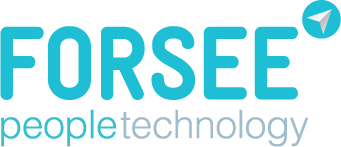One of the most common questions we are asked is how does the Harrison Assessments technology we use at Forsee compare with older tools like Myers Briggs Type Indicator (MBTI).
Myers Briggs is a well known assessment of personality developed in the 1940’s that looks at preferences or tendencies however it has a number of serious limitations. In comparison Harrison Assessments is specifically designed to assess workplaces as a job suitability tool. Harrison measures work preferences, motivations, values, work environment preferences, engagement factors and interests, in addition to personality.
- MBTI only has 16 types based on four dichotomies. Of course in reality people’s personalities are much more complex than this and most will acknowledge that their behaviour changes based on the situation. Putting people in boxes is a serious limitation for recruitment and development which is why Harrison Assessments technology does not typecast individuals. Harrison Assessments measures 175 workplace related traits to provide a much more accurate picture of the individual.
- MBTI was first published in 1943 and was not developed for the work environment. In fact the instructions explicitly state it has no predictive value and should not be used for recruitment purposes. Even the Myers Briggs organisation says its not ethical to use MBTI for recruitment. Harrison Assessments is designed specifically for the workplace and has scientifically proven predictive value.
- MBTI asks 93-222 multiple choice questions. Harrison Assessments uses SmartQ, an innovative questionnaire based on ranking groups of eight statements in order of preference. The complex algorithm developed by Dr Dan Harrison (PhD’s in Mathematics and Organisation Psychology) provides data and cross references to the equivalent of 2,701 multiple choice questions in only 20 minutes.
- MBTI analyses norms based on different populations. HA analyses individual traits in relationship to performance for a wide variety of different job functions. Each role or career is benchmarked against employees in relevant roles to find the traits that contribute to job satisfaction and high performance as well as potential derailers. As such Harrison Assessments is both normative and ipsative (those with a passion for statistics can click here to learn more).
- MBTI uses bi-polar scales which assume an either/or relationship between traits. HA uses Paradox technology which allows for the person to be either, neither or both. The Paradox scales provide a dynamic, deep insight into behavioural competencies as well as stress behaviours and even unconscious tendencies that more accurately reflects how people actually behave. Watch an explanation of Paradox technology here.
- MBTI is considered much easier to fake or game. Harrison Assessments has an inbuilt consistency check within the system which makes it very difficult to cheat.
- MBTI provide a surface view of personality. The Paradox technology clearly measures negative tendencies whereas MBTI isn’t designed to do so. Because of the use of the bi-polar scale in MBTI any conclusion regarding negative tendencies is very tentative.
- MBTI has relatively low test-retest reliability. In one study almost 50% of the test takers had a different score and a different type when retaking the test only five weeks later.
In summary MBTI provides an interesting way to start thinking about personality, however it has serious limitations, including no predictive ability, and as such should not be used for recruitment or development purposes. It’s great strength and it’s great weakness is it’s simplicity. It’s very easy to understand but its doesn’t have the detail to provide actionable information.
In the 21st century we understand that superior decisions arise from superior data. That’s why organisations looking to understand what is truly driving their people’s performance use a dynamic tool with proven predictive ability like Harrison Assessments. I guess the analogy would be MBTI as a simple four point compass and Harrison Assessments being a modern GPS unit. One is much more accurate than the other.
If you have used Myers Briggs or similar tools in the past and would like to learn how to implement our cloud based Harrison Assessments technology in your business contact us on 1300 511 311 or click here to book a demonstration.

